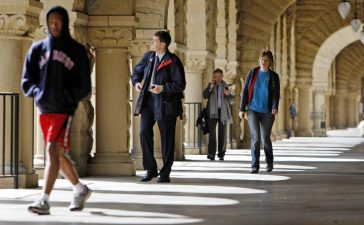My friend and former colleague Reg Sell, who has died aged 93, devoted his life to championing worker wellbeing through his 60-year career as an ergonomist and human factors expert. He believed in “fitting the job to the person” – the opposite of the thinking that prevailed when he started his career in the 1950s.
Born in Twickenham, south-west London, to George Sell, the editor of BP magazine, and his wife Gladys (nee Francis), Reg attended Latymer school for boys in north London, before studying psychology at UCL, graduating in 1953. He returned to Birkbeck College, London, in 1955 to gain a diploma focusing on occupational psychology before embracing ergonomics and human factors – an approach that focuses on designing jobs and equipment around people. Reg met Peggy Bangay while they were both doing their national service, and they married in 1957.
His early work involved lab work and field studies into the design of crane cabs and controls for the steel industry. During the 1960s he worked for employers such as the Central Electricity Generating Board, the Construction Industry Training Board and Philips, and as an independent consultant, convincing decision-makers in those industries that human factors principles could improve productivity, safety and the wellbeing of workers. I met him in 1973 when he was one of my lecturers on the master’s course in ergonomics at UCL.
One of Reg’s proudest achievements was the inclusion of human factors thinking in the agenda of the Parliamentary and Scientific Committee, where he served as honorary secretary and vice president. He also represented the UK government at seminars set up by the European Foundation for the Improvement of Living and Working Conditions, was secretary-general of the International Ergonomics Association and played important roles at the Centre for the Registration of European Ergonomists and the Federation of European Ergonomics Societies.
When Reg was 60 he set up his own consultancy, where demand for his expertise crossed a range of sectors, including policing, food production, the Post Office, the energy industry and the Caravan Club.
Reg also helped the public understand more about ergonomics and good design. He managed liaison with the Science Museum during its 1999 exhibition, The Human Factor, and helped stage Ergonomics at 60: A Celebration at the Design Museum 10 years later.
Peggy died in 2005. He is survived by his children, Peter and Sue, grandchildren, Charlotte, Emily, Simon and Andrew, and great-grandson, Oscar.











